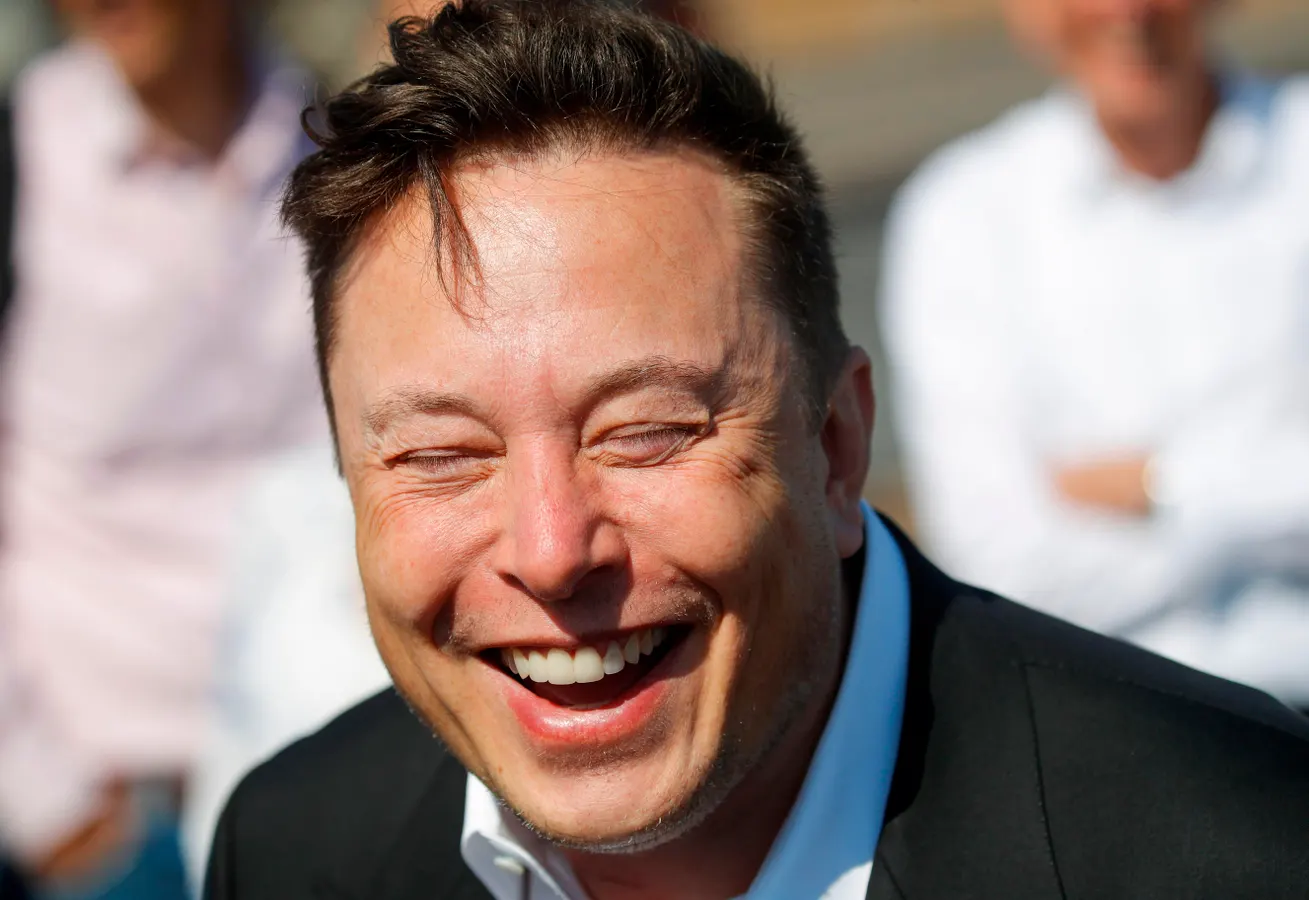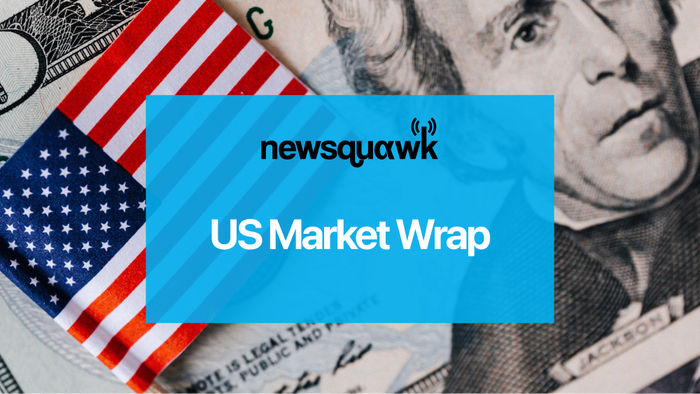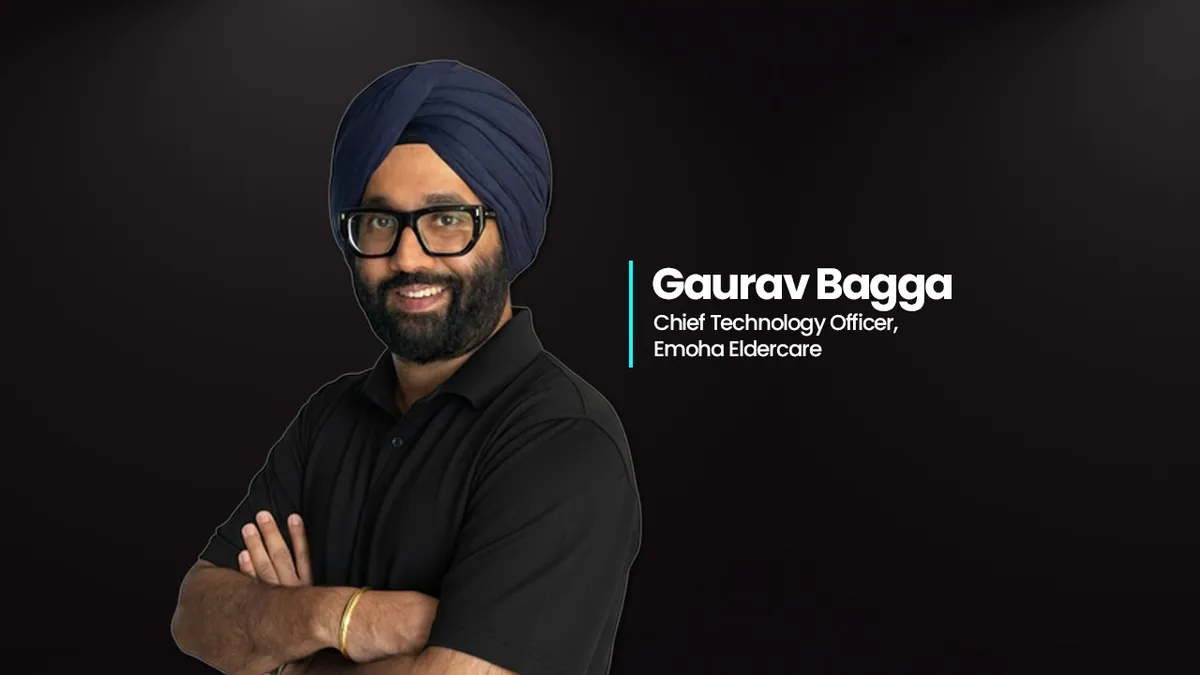Copyright Forbes

The only thing more outlandish than Elon Musk’s demand for a $1 trillion pay package is the idea that Tesla’s shareholders will grant it. And yet that appears to be the way things are going, with everyone from massive investment funds to small, individual investors likely to approve a pay package so vast the new Pope has decried it. It’s a bet that lightning will strike again for the most successful U.S. industrial entrepreneur of the 21st century — that Musk can overcome Tesla’s falling electric vehicle sales and his tarnished image by pivoting to AI-powered robotaxis and humanoid robots. With its stock already trading at close to an all-time high, at over 300 times projected earnings, many investors appear to think that’s a foregone conclusion, even before votes are tallied at the Nov. 6 annual meeting, despite long odds of success. The shares rose 4% to $462.26 in Nasdaq trading on Wednesday. “The only evidence that Tesla is the leader in this technology is that Elon Musk says so.” “Tesla's current valuation only makes sense if you attribute magic powers to Elon Musk,” said Gautam Mukunda, a professor with the Yale School of Management. “If you break out the new business lines he’s talking about, there’s no particular reason to believe that Tesla is the leading company for self-driving cars. Waymo's technology is clearly better. … The only evidence that Tesla is the leader in this technology is that Elon Musk says so.” And that’s also the crux of the proxy. “Musk’s greatest skill is his ability to convince investors that he can do the miraculous,” said Mukunda. The vote comes at a fraught time for the company that kickstarted the modern EV industry, one that Musk also seems to be losing interest in. Tesla board Chair Robyn Denholm and CFO Vaibhav Teneja have argued in recent weeks that retaining Musk with stock that would eventually give him at least a 25% stake in the company, up from about 13% currently, is necessary for its long-term growth and stability. Yet it comes as his focus on the company, key to his wealth, is increasingly distracted by five other businesses, particularly xAI, his artificial intelligence startup, which will also get a cash infusion from Tesla if shareholders approve. “I liked the direction of Tesla where it was. The direction he's chosen to move is a result of the fact that people won't buy his cars now,” said Ross Gerber, CEO of Gerber Kawasaki Wealth and Investment Management. The company manages about $4 billion, including at least $80 million of Tesla stock, and voted against Musk’s comp package. “I don't think Elon's taken any responsibility for the damage he's done to the company.” While Tesla reported a 7.4% jump in third-quarter EV sales, it was a sugar high, powered by the phasing out of a $7,500 federal tax credit. Even with that increase, the Austin-based company’s EV sales are down about 6% so far this year and expected to shrink about 7% in 2025, the second consecutive annual decline. In the U.S., Musk’s high-profile support for President Donald Trump has undermined the Tesla brand’s appeal in markets such as California, the biggest buyer of EVs in the country, while in Europe, his embrace of far-right politicians is linked to a double-digit percentage plunge for Tesla sales. China, which has been central to the company’s profitability since 2020, is also a declining market for Tesla vehicles as stronger, lower-cost local competitors, including BYD, Xiaomi, XPeng and NIO chip away at its market share there. “I want my company back. Tesla could be the most impactful climate-related company in history. Instead, it’s pivoting into garbage.” Aside from restraining his behavior, Musk’s focus should be on developing competitive new products to beat back global EV competitors and focusing on bright spots within Tesla’s current operations: its growing battery business and EV charging services. “I’m personally, and as a shareholder, unhappy that the company I invested in, because its main goal was sustainable transportation and energy to solve the climate crisis, has somehow been usurped into this useless goal of providing robotaxi rides, something that already exists, and robots,” Gerber said. “I want my company back. Tesla could be the most impactful climate-related company in history. Instead, it’s pivoting into garbage.” Gerber, who for years was an outspoken Musk fan, is hardly alone in his opposition to the comp proposal for Musk. Norway’s sovereign wealth fund and public and union pensions, have voted against it. Proxy advisory firms Glass Lewis and Institutional Shareholder Services don’t support it; even Pope Leo has come out against it. The Holy Father, in an interview last month, linked Musk’s pay plan to the broader social ills of extreme wealth gaps. The proxy proposal for Musk’s new compensation plan, announced in September, grants him an additional 12% stake in the company, spread over 12 tranches over the next 10 years if he meets a string of goals. To receive the full reward, the company needs to sell a cumulative 20 million EVs by 2035–by far the easiest target–as well as 1 million robots. Tesla also must have 10 million active subscribers to its so-called Full Self-Driving software,1 million robotaxis in operation and a market cap of $8.5 trillion, up from about $1.5 trillion currently. Musk, during Tesla’s recent results call and last week on the “All-In” podcast hosted by Silicon Valley investors David Friedberg, David Sacks, Chamath Palihapitiya and Jason Calacanis, has attacked critics of the compensation package, especially advisory firms ISS and Glass Lewis. “I call them corporate ISIS … basically they’re just terrorists,” he said on the podcast, claiming the firms have been “infiltrated by far left activists.” He also again objected to the proxy vote being about compensation, insisting it’s solely about maintaining control of Tesla. “I feel like I need to have something like a 25% vote, which is enough of a vote to have a strong influence, but not so much of a vote that I can’t be fired if I go insane,” he said. “Let’s just say, I’m not going to build a robot army if I can be easily kicked out by activist investors. No way.” Setting aside Musk’s desire to have a robot army, neither Yale’s Mukunda nor Gerber finds Musk’s argument that he needs a 25% stake in the company to maintain control convincing. “What little transparency we have on Musk's finances suggests his threat to walk away if he doesn't get what he wants is completely implausible.” “He owns a big chunk of this company already and has the world's most compliant board. I mean, will you really have more control at 25%? Does that make sense?” said Mukunda. Though Musk has hinted he might leave Tesla if the vote doesn’t go his way, that’s unlikely. “What little transparency we have on Musk's finances suggests his threat to walk away if he doesn't get what he wants is completely implausible,” Mukunda said. “I don't know the details of his finances, but everything kind of suggests that he's leveraged up pretty heavily. I cannot imagine a scenario where the valuation of Tesla doesn’t collapse following Elon Musk's departure. And if he is leveraged up pretty heavily on Tesla stock, this would be catastrophic for him.” Tesla bulls, including Wedbush equity analyst Dan Ives, believe Musk will get “overwhelming shareholder approval,” he said in a research note. “In a nutshell, getting Musk's pay package approved at the highly anticipated meeting will be a big step towards advancing Tesla's future goals with the autonomous and robotaxi roadmap ahead.” If history is any guide, with Tesla voters consistently approving every compensation package for Musk that’s been put to them, Ives is right. However, Gerber sees some potential for a different outcome this time, based on how index funds vote. “I think it's going to pass. I don't know if it's a foregone conclusion because there's a certain amount of ‘what-if the index funds vote against?’” he said. “The index funds are sort of the boogeyman.” Twenty years after Musk got involved with Tesla, initially as its primary investor, he’s been spectacularly successful, far beyond what seemed likely when the company was near death in 2008, running out of cash and desperately working to convince its initial customers and backers to stick with it. His single-minded focus paid off, but between juggling leadership roles at half a dozen companies and spending much of his time as a social media troll, there’s a level of distraction that exists now that even $1 trillion worth of stock isn’t likely to change. “It takes nothing away from the scope of Musk’s accomplishments in taking Tesla and SpaceX to the place where they are, or at least were a few years ago, to say that the version of Elon Musk we are currently getting does not look a lot like that person,” said Mukunda. “The magic he’s demonstrated has been the ability to do semi-miraculous new things. But the skillset that gets you to one place is not always the same skillset that gets you to another. And often, the person who gets you to one place is not the same as the person who gets you to another.” More From Forbes ForbesNorway’s Sovereign Wealth Fund Will Vote Against Musk’s Proposed $1 Trillion Tesla Pay PlanForbesTesla’s $1 Trillion Pay Proposal For Musk Faces Investor Pushback—What We Know



